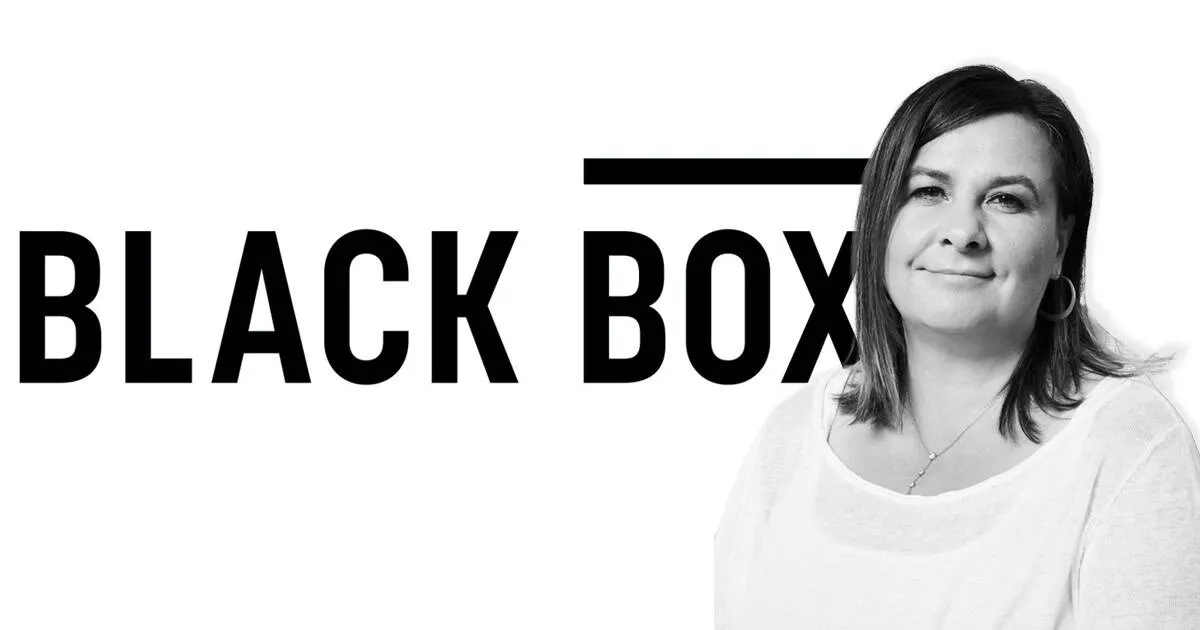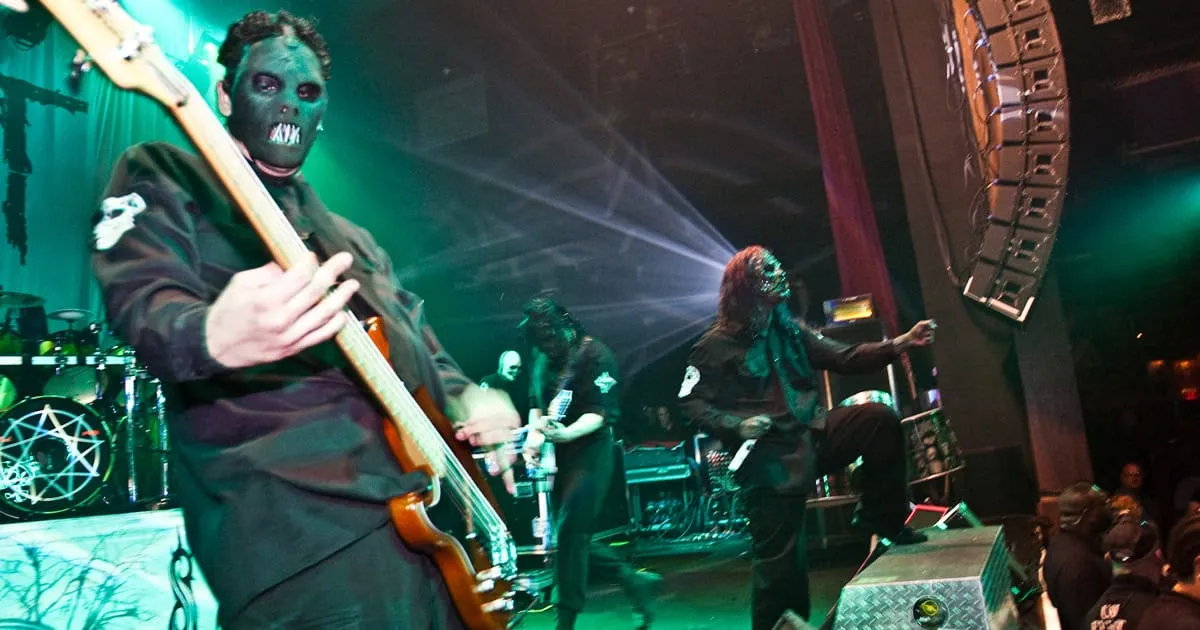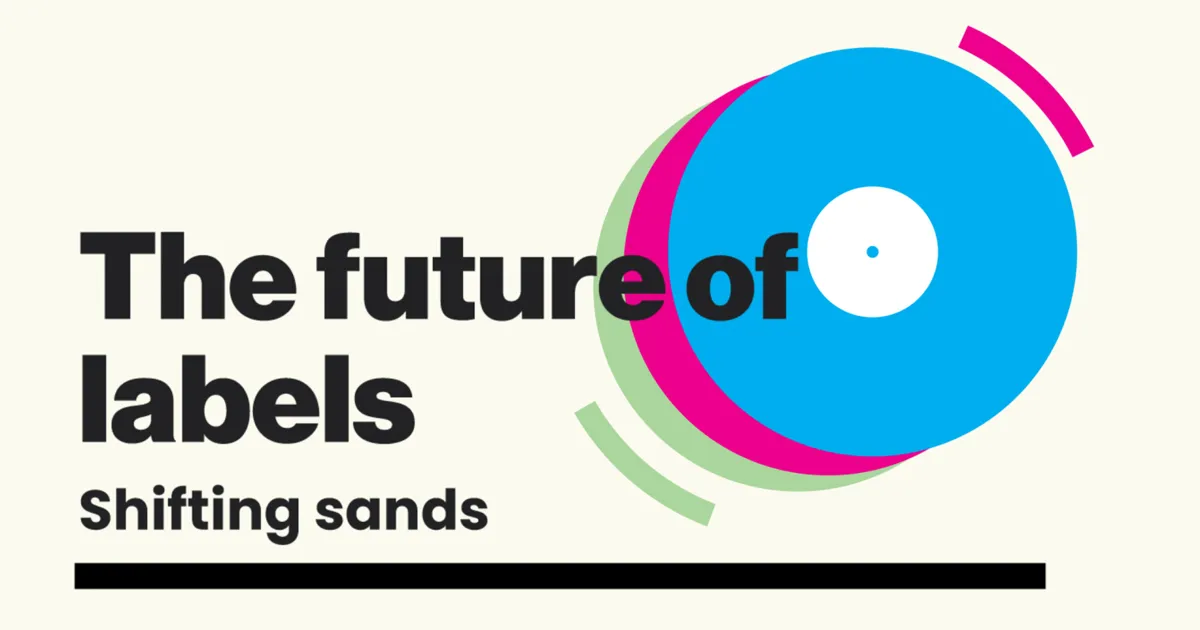Related articles
Did The RIAA Helped Pave The Way For Spain To Undermine Democracy? [Op-Ed]
In this sure to be controversial piece, Techdirt's Mike Masnick continues his war on the RIAA by dipping back into history to explain how it was at the urging of. Continue reading [https://www.hypebot.com/hypebot/2017/09/the-riaa-helped-pave-the-way-for-spain-to-undermine-democracy-heres-how-op-ed.h













